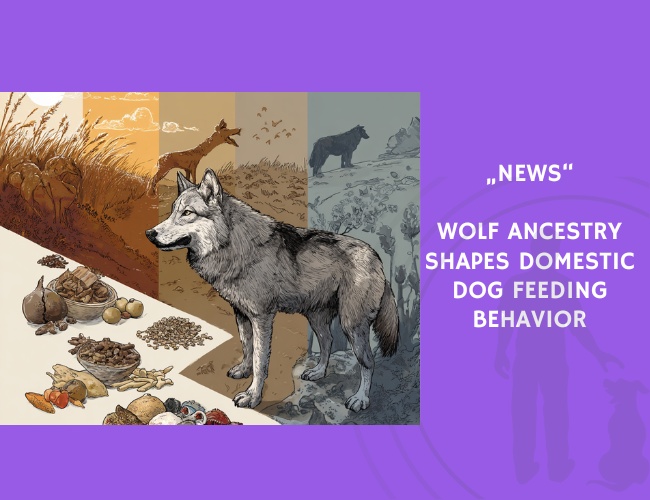Domestic dogs retain many feeding traits from their wolf (Canis lupus) ancestors, according to a review published in The Journal of Nutrition. Author J. Bradshaw analyzed canine dentition, taste sensitivity, and feeding patterns in the context of evolutionary history and domestication.
Dogs’ relatively unspecialized dentition and low sensitivity to salt are typical of the genus Canis. Many dogs prefer large, infrequent meals, mirroring the competitive feeding behavior of pack-hunting wolves. However, over approximately 100,000 years of domestication, intraspecific diversity in body form and feeding habits has greatly expanded.
While their wild ancestors relied on group hunting and irregular food availability, domestic dogs have adapted to varied human feeding routines and diets. This flexibility distinguishes them from more specialized carnivores like cats, whose meal frequency and taste sensitivity are tightly linked to solitary hunting patterns.
The review underscores that canine feeding behavior reflects a balance between inherited predatory adaptations and learned responses shaped by human environments, influencing modern preferences and meal timing.
Source: Bradshaw, J. (2006). The evolutionary basis for the feeding behavior of domestic dogs (Canis familiaris) and cats (Felis catus). The Journal of Nutrition, 136(7 Suppl), 1927S–1931S.










